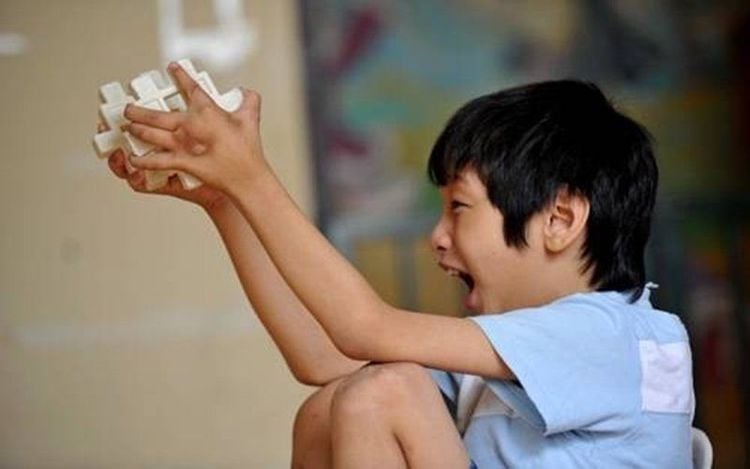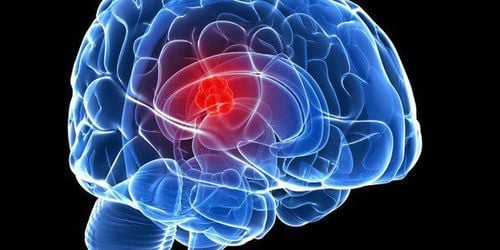This is an automatically translated article.
The article was professionally consulted by Specialist Doctor I Nguyen Xuan Tinh - Anesthesiologist - Resuscitation - General Surgery Department - Vinmec Phu Quoc International General HospitalDisorders of the brain, spine and nervous system often have serious symptoms and children need to undergo complex neurosurgery combined with anesthesia to handle. Pediatric neurosurgery anesthesia is intended to ensure the health, safety and comfort of the child during surgery and other diagnostic or therapeutic techniques.
1. Why neurosurgery in children?
The term severe neurological disorder is applied to any condition caused by dysfunction in part of the brain or nervous system, resulting in physical and/or psychological symptoms.
Human brain development begins during pregnancy and continues through infancy, childhood and adolescence. The brain consists of gray matter (neurons and connections) and white matter (axons surrounded by myelin sheaths). A motor neuron carries nerve impulses out of the brain.
All neurological disorders will involve the brain, spine or nerves. Symptoms depend on where there is damage or pathology of areas such as control of movement, communication, vision, hearing, or thinking. Many neurological disorders appear in the first few years of life or can be diagnosed at birth. Some children are diagnosed later because symptoms appear only when:
The child misses developmental milestones or has developmental difficulties (eg Autism). Infections that damage the nervous system (eg, meningitis). Accidents that cause brain injury (stroke, trauma, lack of oxygen).

Trẻ gặp khó khăn về phát triển
If the child has neurological disorders, there will be many different symptoms depending on the specific disease. Common symptoms include:
Child growth retardation Increase or decrease in head size Changes in ability to function, reflexes or movements Lack of coordination between limbs Changes in level of consciousness or mood Muscle stiffness , tremors or seizures Muscle weakness and slurred speech Older children also have persistent or severe headaches, loss of sensation or tingling, or changes in vision Symptoms of a nervous system disorder may look similar like any other health condition. Therefore, when experiencing the above symptoms, parents need to take their children to the doctor for timely diagnosis and surgery.
2. Causes of Nervous System Damage
The nervous system is vulnerable to various disorders and can be damaged by:
Trauma Infection Degenerative Structural defects Tumors Blood flow disruption Immune system disorders Problems genetic or innate metabolism Toxic exposure or direct effects of drug exposure

Hệ thống thần kinh của trẻ có thể bị tổn thương do nhiều nguyên nhân
3. What is pediatric surgical anesthesia?
Anesthesia is a drug used to take away or reduce pain or sensation during surgery or other painful procedures (such as stitches). Anesthesia is administered orally or through inhalation. Different anesthetics affect the nervous system in different ways by blocking the transmission of nerve impulses.
At hospitals and surgical centers, highly trained specialists use a variety of safe, modern drugs and extremely close monitoring technology, so the rate of dangerous complications has been reduced. Children must use anesthesia in neurosurgery.
Vinmec International General Hospital with a system of modern facilities, medical equipment and a team of experts and doctors with many years of experience in neurological examination and treatment, patients can completely peace of mind for examination and treatment at the Hospital.
To register for examination and treatment at Vinmec International General Hospital, you can contact Vinmec Health System nationwide, or register online HERE.
SEE MORE
Some common complications of anesthesia, anesthesia Distinguishing epidural and spinal anesthesia Anesthesia, pre-anesthesia: Things to know










